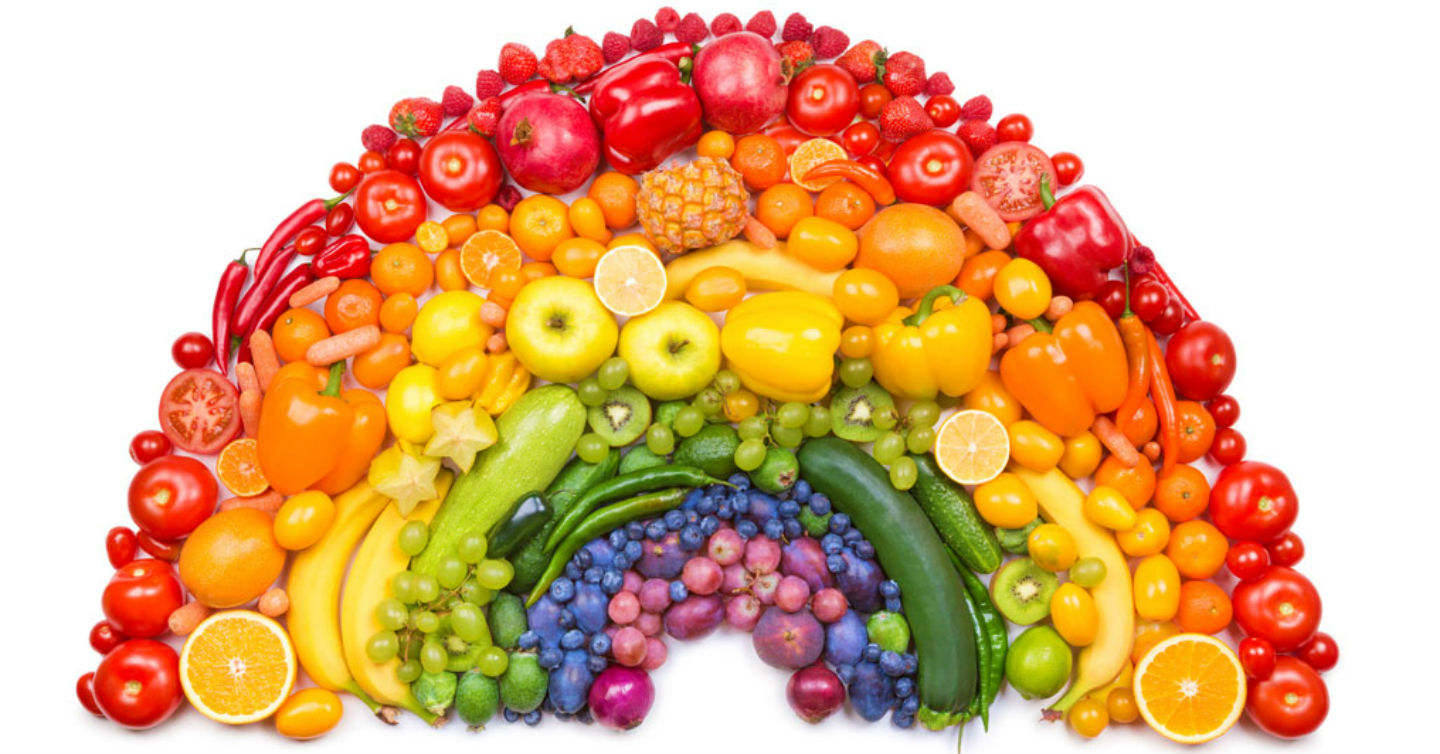Stronger Together: Making Healthy Choices During the #SaferAtHome Order

Healthy Choices to Make While Staying Safer at Home
Jaclyn Mullins, M.D. – Ascension Medical Group
Accepting New Patients
(Editor’s Note: This article is the first in a series called Stronger Together, a joint venture with Ascension Medical Group to provide up-to-date information for staying healthy, well and hopeful during the Safer At Home order. As more information becomes available, we’ll be working with the health care professionals serving on the front lines to make sure you’re informed and in the know on the medical, wellness and lifestyle implications during this time.)
As our state has rapidly plunged into lockdown with working from home being the new normal, we are faced with many choices and temptations.
You may find that you are tempted to snack more often at home; perhaps you are ordering takeout more than usual to support locally-owned businesses. Perhaps the bathroom scale already reflects a few extra pounds gained during this month of lockdown. Instead of letting this time pass by unchecked, we can use this as an opportunity to adopt lifestyle changes that will last well beyond this pandemic.
The food you eat has an enormous impact on your body’s function.
Healthy Nutrition During Shelter In Place and #SaferAtHome Orders
Healthy nutrition is the foundation for the healthy functioning of all your organs. This time of quarantine is the perfect time to ensure that your body is receiving high-quality calories. Eating healthy will help prevent unintended weight gain, keep your energy level high and your attention focused while working from home, and optimize your immune system so that if you become infected with SARS-CoV2 you are more likely to suffer only mild disease. The following steps are the building blocks of a healthful, high-quality nutrition program.
1. Consume an abundance of plant-based foods.
Decades of research overwhelmingly supports the notion that plant-based foods are the healthiest foods on the planet. The term “plant-based” means any food that is grown from the earth: all fruits, all vegetables, all seeds, all nuts. Adults should consume at least nine servings of fruits and veggies per day.
A general rule of thumb is that a serving is approximately a handful. One serving of carrots is about 12 baby carrots or one large full-sized carrot. One serving of fruit is one small apple, one banana, one orange or one pear. One serving of nuts is a palm-full of almonds. The more robust the color of your fruit or vegetable, the more jam-packed that food is with antioxidants. Try to eat each color of the rainbow every day.
2. Follow the ‘plate method’ at all meals.
This refers to filling up half of your plate with vegetables, ¼ of the plate with healthy protein and ¼ of the plate with minimally processed grains.
3. Avoid processed/inflammatory foods.
Plant-based foods are naturally anti-inflammatory. But many foods directly cause inflammation and disrupt normal bodily functions. Inflammatory foods are those that require factory-grade machinery, mechanical separation or extraction or chemical solvents to produce them.
To determine if a food is inflammatory, ask yourself, “Would my great-great-grandmother recognize this item as food?” If she would, then it is safe to eat. For example, your great-great-grandmother likely would recognize all the items of your turkey, potatoes and green beans dinner. However, would she recognize orange-colored cheese-flavored crackers with peanut butter filling? Probably not. These cracker snack-packs are highly processed and generally not very healthy.
Alternatively, you can look at package labels and quickly know if a food is inflammatory or not. If it contains ingredients that you cannot pronounce or for which you do not know the purpose (i.e.: do you know why maltodextrin is added to your graham crackers or what partially-hydrogenated soybean oil is?) then it is processed food and should not be eaten, or at least eaten very rarely.
4. Avoid sugar.
Sugar is everywhere in the American diet, and it is highly inflammatory. Breakfast cereals are coated with sugar, coffee creamers are flavored with added sugar and stores fill their checkout end caps with 20-ounce bottles of soda to tempt you to satisfy your sweet tooth on your way out of the store. These items are so hard for your body to convert into meaningful energy that your body must direct all of its extra efforts into cleaning up the mess after consuming one of these.
This causes a disruption in your normal immune function, such that when you do have a real infection to fight off (i.e. coronavirus) your immune cells are hardly capable of fighting efficiently. So, stopping the consumption of added sugars is a great way to prime your immune system so that it is in optimal shape to battle true invaders. Instead of indulging in cakes, cookies, or glazed donuts for dessert, try whole fruit or dried unsweetened fruits, again with a variety of naturally-occurring bright colors for maximal health benefit.
Make #SaferAtHome the Beginning of New and Healthy Habits
These changes may sound daunting. Start small; make a simple change such as swapping out your breakfast cereal to a lower-sugar option. Meaningful progress is made by making small achievable changes a little at a time, and when these changes are adopted long-term, the benefits are innumerable. You’ll thank yourself later.
About the Author


